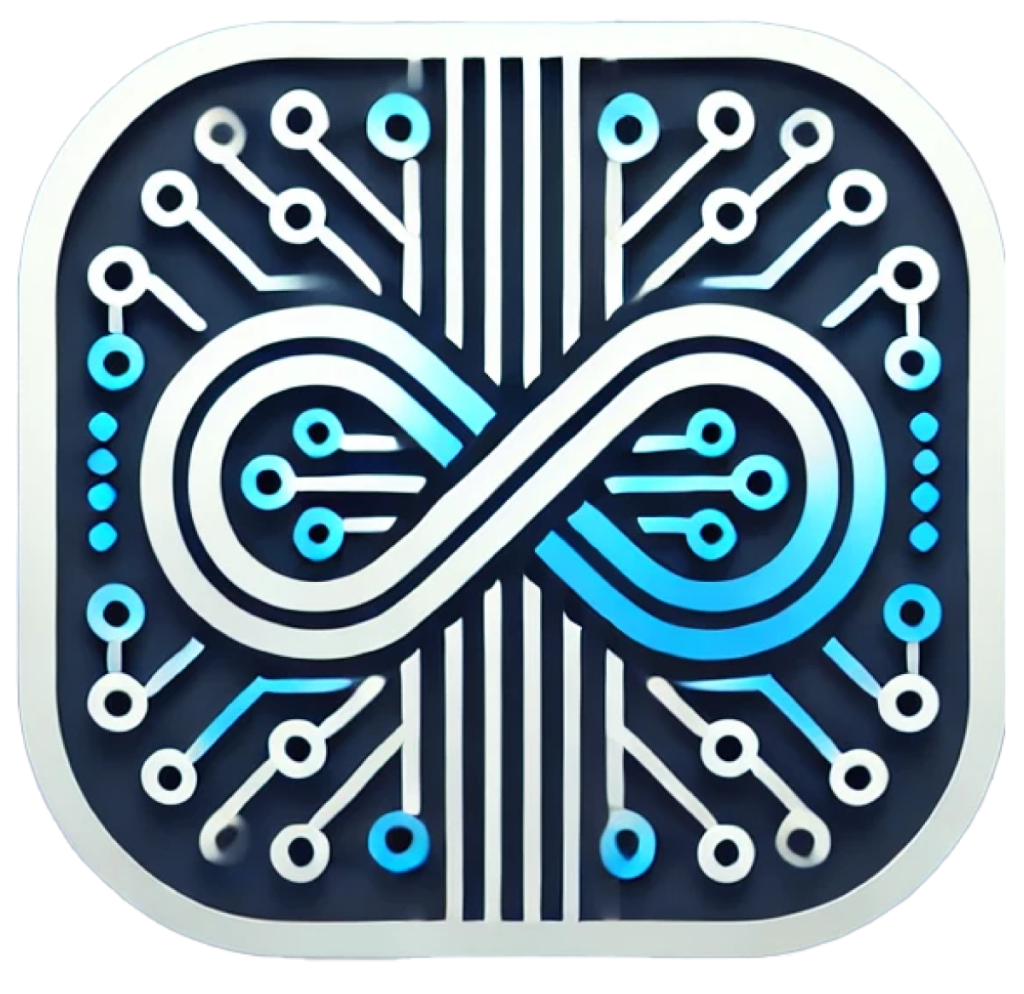There’s a growing recognition of how cognitive assessments can shape your educational experience. These evaluations provide insights into your learning style, strengths, and areas for improvement, allowing for tailored educational strategies that align with your unique cognitive profile. By understanding your cognitive abilities, educators can implement appropriate interventions and support, ultimately fostering your academic success. This blog post will explore the significance of these assessments in enhancing your learning journey and helping you reach your full potential.
Understanding Cognitive Assessments
Your understanding of cognitive assessments in education is key to unlocking the potential of students. These assessments help identify cognitive strengths and weaknesses, enabling educators to tailor instruction that meets individual learning needs. By recognizing how students think and process information, you can significantly enhance their educational experience.
Definition and Types of Assessments
Your grasp of cognitive assessments begins with knowing their definition and types. These assessments evaluate how students think, learn, and perform cognitive tasks. Here are some common types:
- Standardized Tests
- Diagnostic Assessments
- Observational Assessments
- Informal Assessments
- Adaptive Assessments
This variety provides a comprehensive view of a student’s cognitive abilities.
| Type of Assessment | Description |
|---|---|
| Standardized Tests | Uniform assessments that compare performance across a large population. |
| Diagnostic Assessments | Identify specific areas of strengths and weaknesses in knowledge. |
| Observational Assessments | Evaluate students through direct observation in natural settings. |
| Informal Assessments | Unstructured tools providing flexibility in assessing knowledge. |
| Adaptive Assessments | Adjust difficulty based on the student’s responses in real-time. |
Historical Context and Development
Assessments have evolved significantly, adapting to educational needs over the decades. From the early rudimentary methods to the sophisticated tests of today, their development reflects a deeper understanding of cognitive science and learning theories.
For instance, the introduction of intelligence testing in the early 20th century laid the groundwork for modern cognitive assessments. Pioneers like Alfred Binet aimed to identify students who required additional support, highlighting an early recognition of diverse learning needs. Over the years, various frameworks, including multiple intelligences and neurodiversity, have influenced assessment development to embrace a more holistic view of student capabilities. Today, these assessments are integral in customizing educational experiences that cater to individual learning styles and strategies.
The Role of Cognitive Assessments in Education
One of the key components of educational success is understanding how cognitive assessments can enhance learning outcomes. These assessments provide valuable insights into students’ mental processes, helping educators tailor their teaching approaches. By leveraging these assessments, you can create environments that foster engagement and growth for all learners. This ultimately contributes to more effective educational strategies, ensuring that every student reaches their full potential.
Identifying Learning Styles and Needs
Any effective education system requires an understanding of individual learning styles and needs. Cognitive assessments help uncover unique cognitive strengths and weaknesses, allowing you to adjust your teaching methods. This tailored approach not only enhances engagement but also drives academic success. With this information, you can better support each student in a way that aligns with their natural preferences and capabilities.
Monitoring Student Progress
Against the traditional methods of assessment, cognitive assessments offer a dynamic way to track your students’ progress. By analyzing cognitive performance over time, you can gain insights into their ongoing development and areas needing enhancement. This proactive approach ensures that you can address challenges before they lead to educational setbacks.
Consequently, monitoring student progress through cognitive assessments allows you to make informed decisions regarding instruction and intervention strategies. Utilizing periodic assessments helps you identify patterns in learning, enabling you to adapt your teaching methods to meet the evolving needs of your students. This ongoing evaluation not only promotes accountability but also contributes to ongoing improvements in student outcomes, ensuring that you can respond effectively to both challenges and achievements along their educational journey.
Benefits of Cognitive Assessments
Some of the significant benefits of cognitive assessments in education include identifying students’ strengths and weaknesses, enhancing personalized learning experiences, and enabling effective instructional strategies. These assessments provide insights into how students think, learn, and process information, allowing educators to tailor their approaches to meet diverse needs and improve overall academic outcomes.
Enhancing Individualized Learning
One of the most impactful benefits of cognitive assessments is their ability to enhance individualized learning. By understanding your unique cognitive profile, educators can customize learning plans that align with your strengths and support your areas for growth, fostering a more effective educational experience.
Supporting Educators in Instructional Strategies
Across educational settings, cognitive assessments serve as a valuable resource for educators in developing effective instructional strategies. These assessments equip you with important data regarding your cognitive processes, guiding teachers in selecting the best teaching methods to suit your learning style.
Cognitive assessments provide educators with a deeper understanding of your learning preferences, allowing them to adapt their instructional strategies accordingly. By analyzing your assessment results, teachers can create targeted interventions that promote engagement and mastery of content. This data-driven approach enhances the overall learning experience and ensures that you receive the support needed to excel academically.
Challenges and Limitations
Now, while cognitive assessments play a vital role in education, they also face several challenges and limitations. Factors such as test accessibility, cultural bias, and the potential for misuse can undermine the effectiveness of these evaluations. Additionally, assessments might not capture the complete range of your cognitive abilities, leading to an incomplete understanding of your educational needs. Addressing these concerns is vital to ensure that cognitive assessments serve as a reliable tool for fostering academic growth.
Test Anxiety and Its Impact
To fully understand the implications of cognitive assessments, you must consider the role of test anxiety. Many students experience heightened stress during assessments, which can adversely impact their performance. This anxiety may prevent you from demonstrating your true cognitive abilities, leading to results that do not accurately reflect your potential.
Misinterpretation of Results
Anxiety surrounding test results can lead to misinterpretation, both by educators and students. When scores are misunderstood or overvalued, you might feel pigeonholed into specific educational pathways that don’t align with your capabilities.
Test results can often be too easily generalized, creating a one-dimensional view of your cognitive skills. This misinterpretation could lead to inappropriate educational placements or insufficient support. You should always seek clarification and a comprehensive analysis of your results, as well-rounded evaluations are vital for understanding your full cognitive profile. Consider engaging with educators or psychologists to ensure that these assessments inform educational strategies that truly benefit your learning journey.

Best Practices for Implementing Cognitive Assessments
To effectively implement cognitive assessments, it’s imperative to establish clear objectives and align them with your educational goals. Start by selecting the appropriate assessment tools that will accurately measure the cognitive skills you aim to evaluate. Ensure that all stakeholders, including educators and students, understand the purpose of the assessments and how the data will be used. Regularly review and adjust your approach based on outcomes to foster continuous improvement in your educational settings.
Creating a Supportive Environment
Below are key strategies to create a supportive environment for cognitive assessments. Begin by cultivating a positive atmosphere where students feel safe and motivated to take assessments. Offer flexibility in testing conditions and provide necessary accommodations to meet diverse learners’ needs. This way, you can facilitate effective assessment experiences and foster trust between you and your students.
Ensuring Fairness and Equity
Any assessment strategy should prioritize fairness and equity to ensure all students have equal opportunities for success. This begins with the selection of assessments that are culturally relevant and accessible to every learner. Providing diverse formats, along with differentiated support, can greatly enhance the assessment experience.
Ensuring fairness and equity in cognitive assessments means recognizing the diverse backgrounds and learning needs of your students. You should actively seek to eliminate biases in assessment design and execution. Incorporate data that identifies areas where students may require additional support, and implement targeted interventions. By prioritizing inclusive practices, you create a level playing field where every student has the chance to demonstrate their true cognitive abilities.
Future Trends in Cognitive Assessments
Keep an eye on the evolving landscape of cognitive assessments, as they increasingly shape educational practices. With a greater emphasis on personalized learning, educators will incorporate tailored assessments to better understand and support each student’s unique learning profile. This shift will allow for more dynamic teaching strategies, ensuring that every student can achieve their full potential.
Technological Advancements
Between data analytics, artificial intelligence, and machine learning, technology is revolutionizing cognitive assessments. These advancements enable more precise measurement of learning abilities, enhancing your capacity to adapt instructional methods. Digital platforms provide immediate feedback, allowing educators and learners to make data-informed decisions that foster academic success.
Integrating Assessments into Curricula
An integrated approach to cognitive assessments within curricula enhances the overall learning experience. By embedding assessments throughout your educational programs, you can monitor progress in real-time and adapt teaching strategies accordingly. This method not only supports student growth but also aligns assessment with everyday learning objectives.
Advancements in integrating assessments into curricula offer a holistic view of your students’ capabilities. By embedding these assessments seamlessly into lessons, you allow for continuous feedback and adjustments that can lead to improved learning outcomes. This integration fosters a culture of growth, encouraging students to take ownership of their learning journey while educators fine-tune their teaching methods based on data-driven insights.
Final Words
Taking this into account, understanding the importance of cognitive assessments in education empowers you to better support your learning journey. These assessments provide insightful data about your cognitive strengths and weaknesses, allowing you to tailor your educational strategies effectively. By identifying areas for improvement, you can enhance your learning potential and make informed decisions about your academic path. Ultimately, leveraging cognitive assessments can significantly contribute to your overall educational success and lifelong learning experience.
Q: What is the purpose of cognitive assessments in educational settings?
A: Cognitive assessments in education serve to evaluate a student’s mental processes, including thinking, reasoning, problem-solving, and memory. These assessments help educators understand a student’s cognitive strengths and weaknesses, enabling tailored instructional strategies that can enhance learning outcomes. By identifying areas in need of improvement, teachers can develop personalized learning plans that accommodate different learning styles and needs.
Q: How do cognitive assessments impact individualized learning plans?
A: The insights gained from cognitive assessments play a significant role in the development of individualized learning plans. By accurately pinpointing a student’s cognitive abilities and challenges, educators can design targeted interventions that address specific deficits. This personalized approach not only promotes academic growth but also increases student engagement by aligning educational experiences with each learner’s unique cognitive profile.
Q: In what ways can cognitive assessments inform instructional strategies?
A: Cognitive assessments provide valuable data that can inform instructional strategies and curricular decisions. Teachers can adjust their teaching methods based on the assessment results, implementing differentiated instruction that matches the cognitive levels of their students. Additionally, these assessments can guide the selection of appropriate learning materials and resources, ensuring that they are aligned with the cognitive capabilities of the students, ultimately fostering a more effective learning environment.




0 Comments